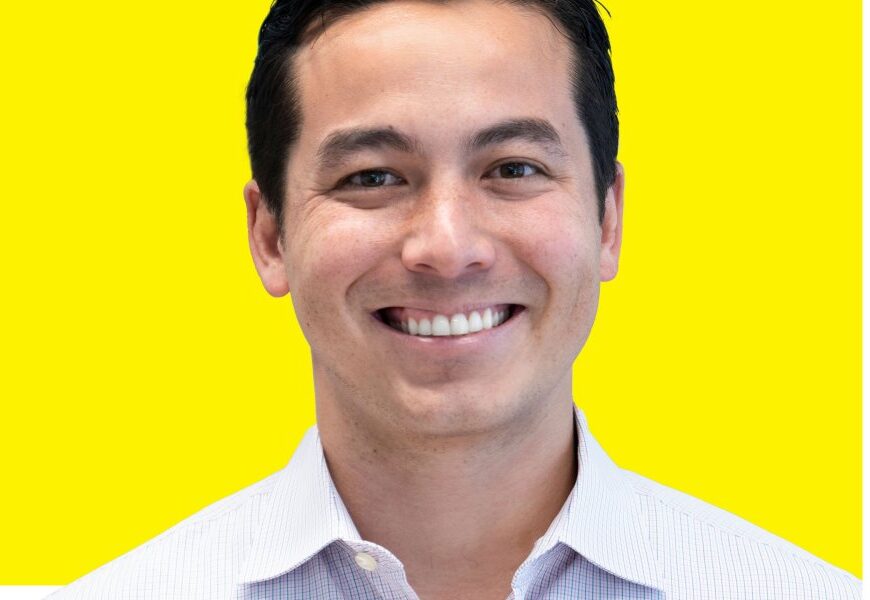Shield AI, a startup in defense technology valued at $2.8 billion, has reached an agreement to acquire Sentient Vision Systems for an undisclosed amount.
Sentient, based in Melbourne, specializes in AI-powered edge solutions for real-time detection and identification of small objects. With approximately 50 employees, Sentient will become a fully owned subsidiary of Shield AI, increasing Shield AI’s workforce to around 750 employees. Pending approval from Australian regulators, the acquisition is anticipated to be finalized within four to six weeks, as stated by Brandon Tseng, the co-founder and president of Shield AI.
In a collaborative effort announced in August, Sentient and Shield AI introduced Sentient Observer, a motion-imagery solution covering wide areas that leverages ViDAR, Sentient’s AI technology. This innovation, akin to radar but utilizing cameras, enhances aircraft capabilities to detect targets with minimal pixel information from the camera. Tseng, a former Navy SEAL, highlighted that an aircraft equipped with Sentient Observer can search up to 2,000 square nautical miles, significantly surpassing the typical 300 square nautical miles per hour search capacity. The integration of this technology onto V-BAT, Shield AI’s drone series, is underway with plans for upgraded drone flights later this year.
Shield AI’s primary objective is to safeguard both military personnel and civilians through artificial intelligence systems. Tseng emphasized their commitment to developing the most advanced AI pilot globally to fulfill this mission.
The startup, founded in 2015 by Tseng brothers, Ryan and Brandon, along with Andrew Reiter, aims to collaborate with major aircraft manufacturers like Boeing and Airbus rather than replace them. Shield AI intends to incorporate its AI pilot into existing aircraft to enable GPS-independent and communication-independent navigation. The focus is on expanding the application of the AI pilot across various aircraft platforms.
With a focus on AI-driven flight technology, Shield AI offers solutions catering to defense, security, and general aviation needs. Brian Smiga, a partner at Alpha Partners, likened Shield AI’s impact on aviation to Tesla’s influence on self-driving cars, emphasizing the transformative potential of their technology.
Having secured \(1.1 billion in funding, including investments from Andreessen Horowitz, Point72 Ventures, and Breyer Capital, Shield AI’s valuation reached \)2.8 billion following a recent funding round. The company projects nearly \(750 million in annual revenue and \)100 million in profit by 2026, according to reports from the New York Times.
While speculation about Shield AI’s potential IPO is rife, the company’s current focus lies on expanding its operations. Tseng acknowledged the possibility of going public in the coming years but emphasized that their immediate priority is business scalability.










